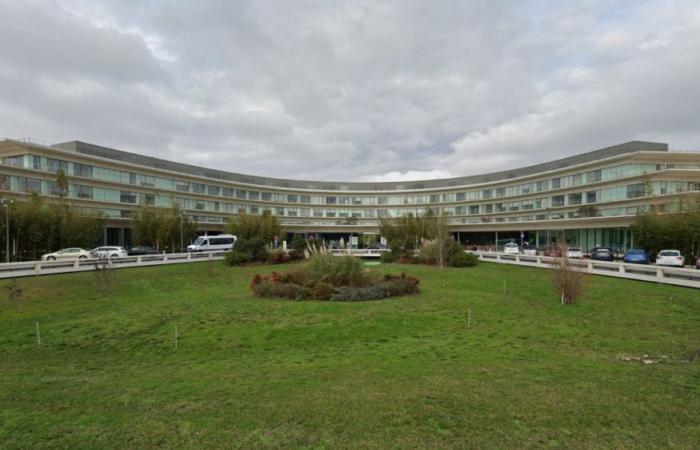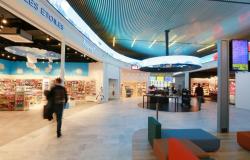
By
Melina Le Corre
Published on
Sep 18, 2024 at 7:10 AM
See my news
Follow Toulouse News
Improving patient care is the goal with which IUCT Oncopole, Airbus and Accuray signed a cooperation agreement on Wednesday, September 4, 2024, “aimed at improving the availability and maintenance of radiotherapy equipment using artificial intelligence.” We explain.
Improve system performance
Through this agreement, the three entities wish to develop solutions based on artificial intelligence with the aim of predicting performance problems in radiotherapy systems. These failures “could lead to delays in the care of patients monitored at the Oncopole,” explains the IUCT Oncopole in a press release.
“Radiation patients receive care on a schedule determined by their medical team. Our top priority is to ensure our systems operate without interruption,” said Suzanne Winter, President and CEO of Accuray. And that’s why they partnered with Airbus, “aviation is an industry where consistent operational performance is paramount, and monitoring the proper functioning of components is essential.”
A “non-invasive option for the precise treatment of a wide range of tumors throughout the body,” assures Oncopole.
Radiotherapy, a fundamental element
Radiotherapy is a fundamental element in the treatment of cancer. It can be used for localized, recurrent or metastatic cancers and in combination with other methods such as surgery, chemotherapy or immunotherapy.
Airbus’ aerospace expertise will help develop a failure prediction methodology for the Accuray Radixact radiotherapy delivery system. Artificial intelligence will therefore be at the service of patients to facilitate – or even accelerate? – their care.
Follow all the news from your favorite cities and media by subscribing to My News.





